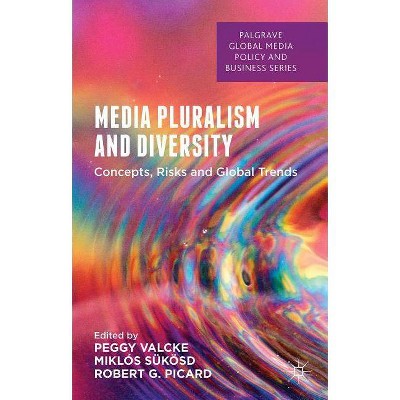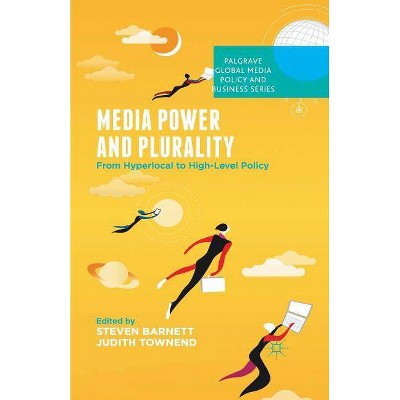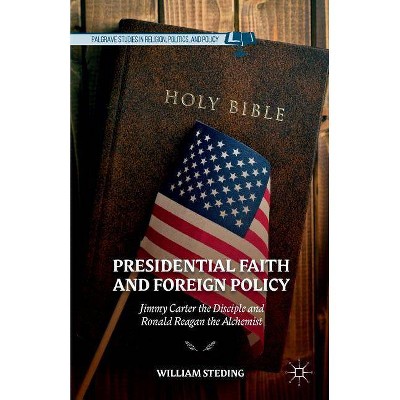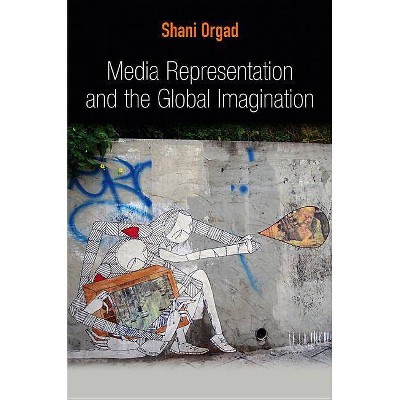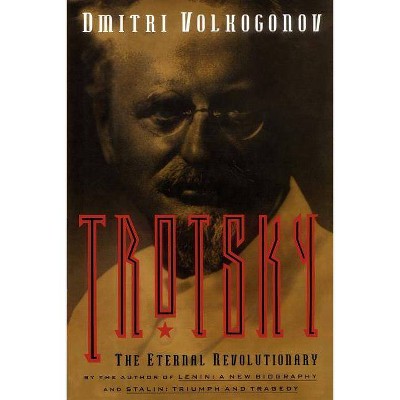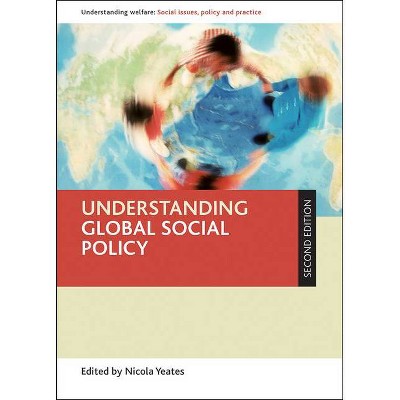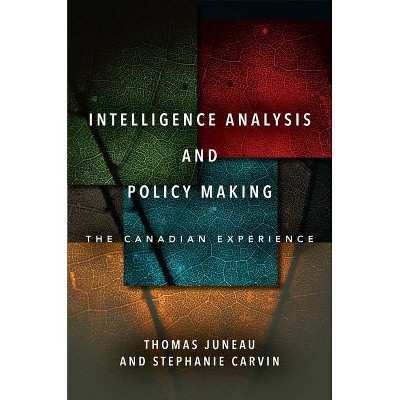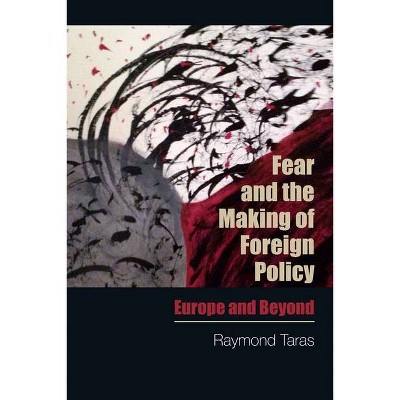Media and Communications Policy Making - (Palgrave Global Media Policy and Business) by Robert G Picard (Paperback)
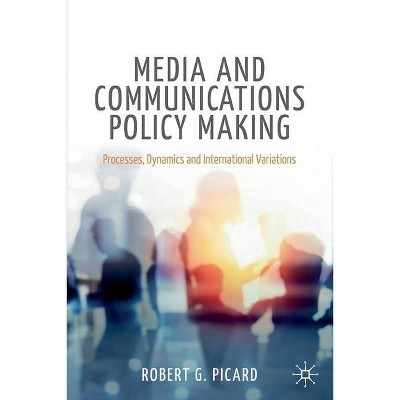
Similar Products
Products of same category from the store
AllProduct info
<p/><br></br><p><b> Book Synopsis </b></p></br></br><p></p> <p>1. Introduction to media and communications policy studies.- 2. Policy-making environments and locales.- 3. Politics in the pursuit of policy outcomes.- 4. Media policy mechanisms and tools.- 5. Global policymaking.- 6. Regional policymaking.- 7. Domestic policymaking.- 8. Policy analysis.- 9. Policy evaluation and policy examination.- 10. Policy advocacy.- 11. Looking Forward.</p><p/><br></br><p><b> From the Back Cover </b></p></br></br><p>This textbook focuses on how media and communications policy is made and what influences its design. It explores the structures and processes in which policymaking takes place worldwide, the factors that determine its forms, influence its elements, and affect its outcomes. It explores how to analyze policy proposals, evaluate policy, and use policy studies approaches to examine policy and policymaking. Truly international in scope, it lays out the variety of political, social, economic, and institutional influences on policy, the roles of industries and policy advocates in the processes, and issues and factors that complicate effective policymaking and skew policy outcomes. This textbook is a valuable resource for advanced undergraduate and postgraduate students.</p><p/><br></br><p><b> About the Author </b></p></br></br><p>Robert G. Picard is a Senior Research Fellow at the Reuters Institute at University of Oxford, UK, a fellow of the Royal Society of Arts, UK, and a fellow at the Information Society Project at Yale University Law School, USA. He has consulted for governments and international organizations in North America, Europe, Africa, and Asia.</p><br>
Price History
Price Archive shows prices from various stores, lets you see history and find the cheapest. There is no actual sale on the website. For all support, inquiry and suggestion messagescommunication@pricearchive.us
